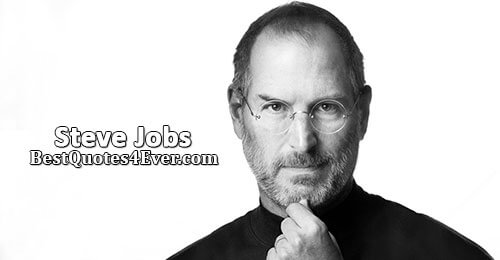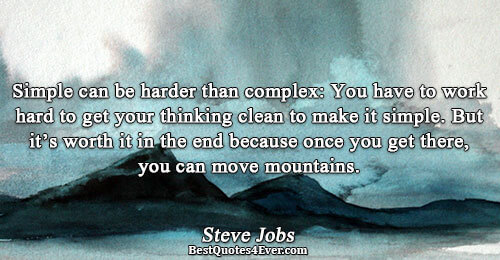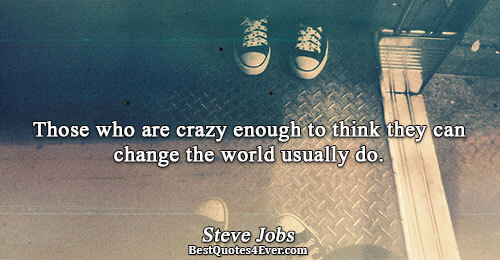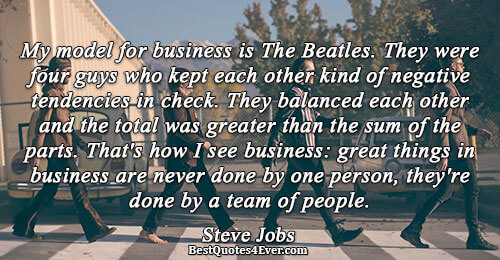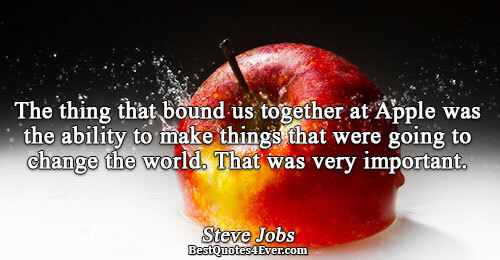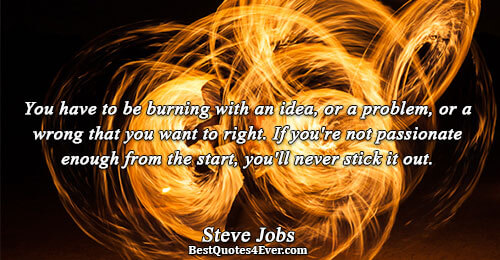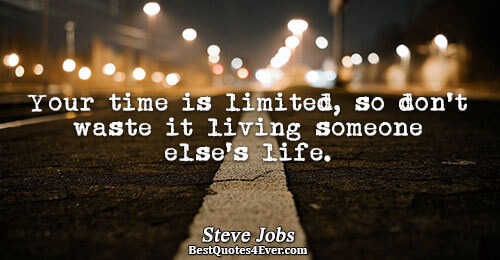Biography
Type: Businessman , Co-founder, Chairman, and CEO of Apple Inc.
Born: February 24, 1955
Died: October 5, 2011
Being born out of wedlock in the puritan America of the 1950s, the baby was put up for adoption. Joanne had a college education, and she insisted that the future parents of her boy be just as well educated. Unfortunately, the candidates, Paul and Clara Jobs, did not meet her expectations: they were a lower-middle class couple that had settled in the Bay Area after the war. Paul was a machinist from the Midwest who had not even graduated from high school. In the end, Joanne agreed to have her baby adopted by them, under the firm condition that they later send him to college.
Paul and Clara called their son Steven Paul. While Steve was still a toddler, the couple moved to the Santa Clara county, later to be known as Silicon Valley. They adopted another baby, a girl called Patti, three years later in 1958.
Steve Jobs was best known as the co-founder, chairman, and chief executive officer (CEO) of Apple Inc.; CEO and largest shareholder of Pixar Animation Studios; a member of The Walt Disney Company's board of directors following its acquisition of Pixar; and founder, chairman, and CEO of NeXT Inc. Jobs is widely recognized as a pioneer of the microcomputer revolution of the 1970s, along with Apple co-founder Steve Wozniak. Shortly after his death, Jobs's official biographer, Walter Isaacson, described him as the "creative entrepreneur whose passion for perfection and ferocious drive revolutionized six industries: personal computers, animated movies, music, phones, tablet computing, and digital publishing.
Jobs co-founded Apple in 1976 to sell Wozniak's Apple I personal computer. The duo gained fame and wealth a year later for the Apple II, one of the first highly successful mass-produced personal computers. In 1979, after a tour of Xerox PARC, Jobs saw the commercial potential of the Xerox Alto, which was mouse-driven and had a graphical user interface (GUI). This led to development of the failed Apple Lisa in 1983, followed by the successful Macintosh in 1984. In addition to being the first mass-produced computer with a GUI, the Macintosh instigated the sudden rise of the desktop publishing industry in 1985 with the addition of the Apple LaserWriter, the first laser printer to feature vector graphics. Following a long power struggle, Jobs was forced out of Apple in 1985.
After leaving Apple, Jobs took a few of its members with him to found NeXT, a computer platform development company specializing in state-of-the-art computers for higher-education and business markets. In addition, Jobs helped to initiate the development of the visual effects industry when he funded the spinout of the computer graphics division of George Lucas's company Lucasfilm in 1986. The new company, Pixar, would eventually produce the first fully computer-animated film, Toy Story—an event made possible in part due to Jobs's financial support.
In 1997, Apple purchased NeXT, allowing Jobs to become the former's CEO once again. He would return the company, which was on the verge of bankruptcy, back to profitability. Beginning in 1997 with the "Think different" advertising campaign, Jobs worked closely with designer Jonathan Ive to develop a line of products that would have larger cultural ramifications: the iMac, iTunes, Apple Stores, the iPod, the iTunes Store, the iPhone, the App Store, and the iPad. Mac OS was also revamped into Mac OS X, based on NeXT's NeXTSTEP platform. Jobs was diagnosed with a pancreatic neuroendocrine tumor in 2003 and died of respiratory arrest related to the tumor on October 5, 2011.
The resurgence of Steve's cancer was a painful reminder that it was time to 'put his affairs in order' before his passing — and he did.
He made sure that Apple was ready to operate without him: in late 2008, he hired the dean of the Yale School of Management to create 'Apple University', a sort of internal business track to groom future Apple executives by exposing them to the Apple ways of doing business, through actual case studies in the history of the company. He also consolidated his executive team and agreed with the board that his natural successor would be his second in command, COO Tim Cook. Finally, at his last public appearance in June 2011, he unveiled his plans for the future Apple campus in Cupertino, a huge spaceship-sized building in the shape of a perfect circle. All of this was in place when, because of his increasingly deteriorating health, he resigned as Apple CEO on August 24, 2011.
Jobs also prepared his personal legacy. In 2009, he finally started giving interviews to journalist Walter Isaacson to prepare for his first and only authorized biography, giving him his perspective on his life and career. He also spent his last days designing a boat for his family on which he hoped to travel the world. Unfortunately, death took him too soon, and he died peacefully at home on October 5, 2011, surrounded by his family — the day following the introduction of the iPhone 4S, an Apple event that he watched from his deathbed.

